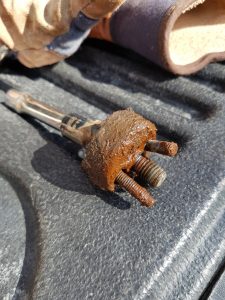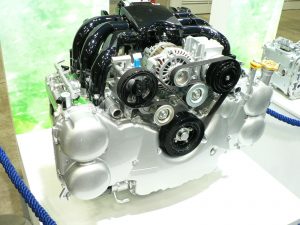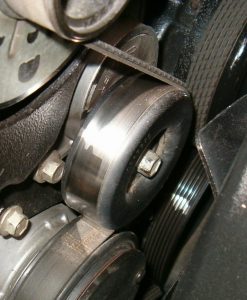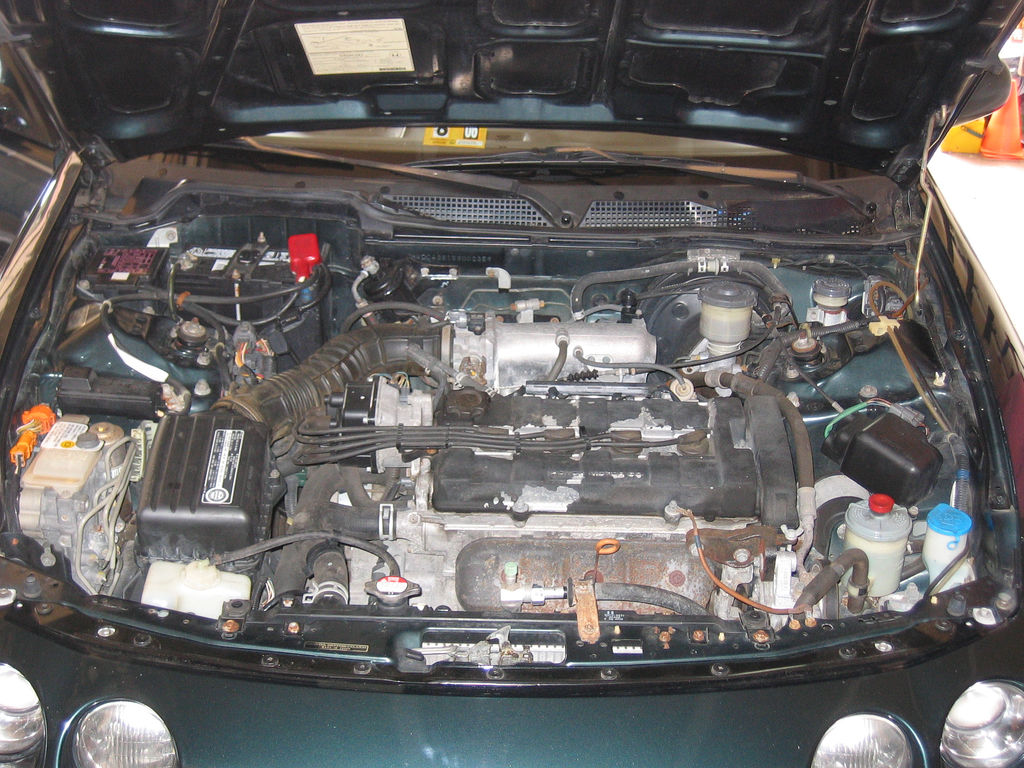As your car ages, some parts start to loosen up. This is due to all the vibrations from shocks on uneven roads and surfaces. As the days go by, there are some sounds that a driver will get accustomed to as the car gets older, and these sounds commonly come from the engine. What is causing these sounds, and is it okay to ignore them as the vehicle keeps doing fine?
1. Engine knocking sounds
You can hear a loud knocking sound which seems like something is knocking hard on it inside the engine. You can listen to the sound even louder as you change gears and accelerate. Usually, when you start the engine, early ignition of the air-fuel ratio is timed to burn at just the right time to produce optimal power. The engine will knock if the air-fuel ration is wrongly timed, and in such case, a professional mechanic should tune the motor to fix the issue.
If the issue is persistent, there could be something more serious, like a worn-out part inside the engine. In such a case, prepare yourself to bear an expensive repair cost as the engine would be taken apart to fix it.
But, there may be two simple solutions, though!
1 – Check if your engine oil level is correct. If not, top-up and see if the issue is solved.
2 – There is a knock sensor that controls just that on some cars. Sometimes that sensor can go bad, and simply replacing the sensor fixes the problem.

2. Rattling on cold start

A timing belt is a part of the engine, and it rotates the camshaft and the crankshaft so that the engine’s valves close at the correct times during each cylinder’s intake and exhaust strokes.
Rattling on cold start is often due to the timing belt getting worn out. It is recommended to change the timing belt after more than 62,000 miles.
Now, if you know you have never changed the timing belt after travelling so much, please head toward a mechanic immediately! It is urgent to get it replaced because if that timing belt happens to break when you are speeding, it will not only damage the engine seriously, but it will create havoc on the road as the engine will suddenly shut down. You will lose control of the vehicle.
3. Constant tapping sound
This is one of the most frequent engine noises, and the culprit here could be the tappets. The tappets control the motion of the air intake valves and exhaust valves. Your mechanic will assess if that is the cause by removing the engine head. The tappets sit opposite springs which return the tappets to their original position after being moved by the camshaft inside the engine. You can have an in-depth explanation by reading this interesting post on What tappets are and how they affect your vehicle’s performance.
You can hear this sound when the engine runs low on oil pressure, or the springs have worn out, or the cams are inadequately lubricated due to oil pressure and oil quality.
Note: This is why it is essential not to miss the oil servicing of your engine, and you should always feed the engine with an appropriate oil. My advice is to use the Shell Helix Ultra fully synthetic oil without doing any marketing favour here. Still, your car mechanic will know best what to advise you based on the state of your engine and the level of miles you would have already travelled with the engine.
4. Squealing sound

This shrieking sound is not coming from inside the engine but from the serpentine belt loaded in car models above 1990. The belt slides like a serpent through multiple pulleys for the power steering, air conditioning, alternator, water pump, and radiator fan.
Reason 1: If the belt has worn out and is getting loose, it will be slipping on the pulley. The sound is usually louder as you start the engine cold, and as you accelerate, the sound somehow fades away.
The solution here is to replace the belt, and when you fix it, the belt should neither be too tight nor too loose. If the sound is gone, pat yourself!
Reason 2: Even if it is a brand new belt, it may still create that annoying squealing noise because some dust particles or oil may have stuck on it.
The trick here is to apply a few drops of dish liquid on the interior side of the belt. Switch your engine on, and in a matter of a few seconds, that hateful noise will stop!
Good to know: Engine noises also come from low engine oil. Remember to check the oil level with the dipstick before starting your journey.
Now, you know what to do to avoid these everyday noises under the hood. I hope this post will help you make some savings from unnecessary repairs. Your comments are the most welcomed in the comment section below.


